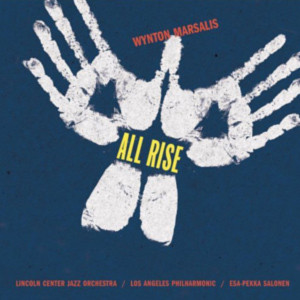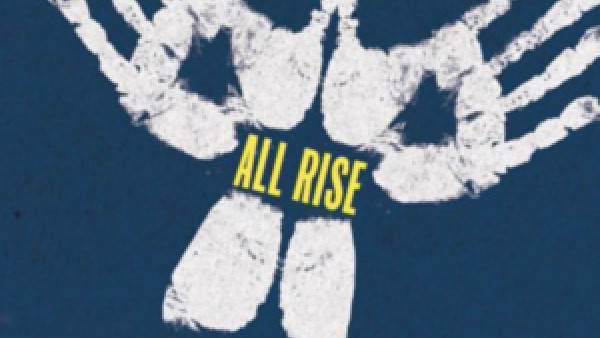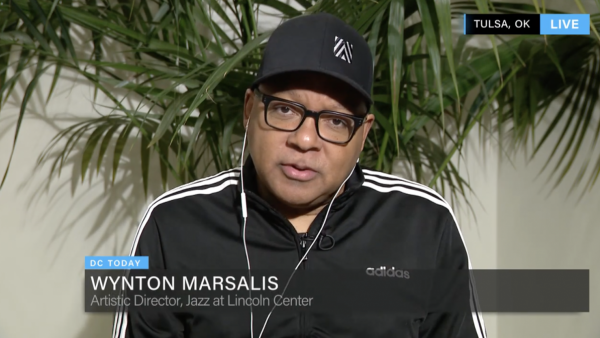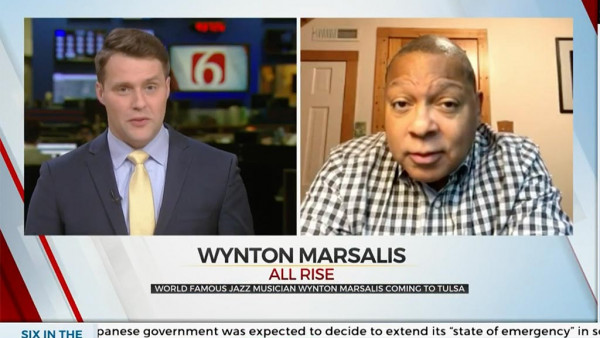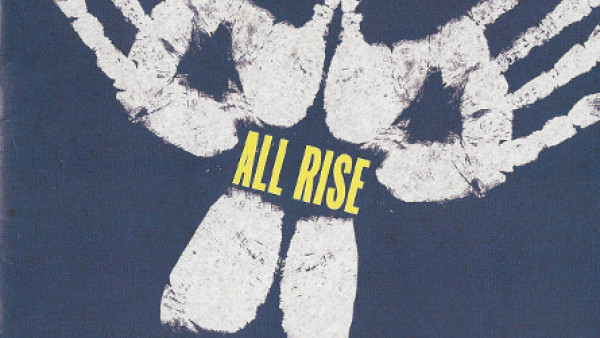Art of disappearing: Conductor of Wynton Marsalis’ ‘All Rise’ performance on making music, telling stories
It is David Robertson’s goal at work to become an invisible man.
The fact that Robertson’s job is conducting orchestras, whether on the concert stage, from the opera pit or in the classroom, where the person holding the baton appears to be the center of everyone’s attention, makes this statement sound disingenuous.
But Robertson is quite serious about his efforts seemingly to disappear in the course of a performance. And that is particularly true about the work with which he will make his Tulsa debut: Wynton Marsalis’ “All Rise: Symphony No. 1,” which will be performed Sunday at the BOK Center.
The performance, which will feature Marsalis and the Jazz at Lincoln Center Orchestra, the Tulsa Symphony Orchestra and Festival Chorus, is the culminating event in the city of Tulsa’s week-long commemoration of the 1921 Tulsa Race Massacre. The concert is produced in collaboration with the 1921 Tulsa Race Massacre Centennial Commission.
Robertson has worked with Marsalis before on some of his orchestral works, including Marsalis’ Symphony No. 3, the “Swing Symphony” (Robertson served as conductor for its recording with the St. Louis Symphony Orchestra in 2018), and the Symphony No. 4, “The Jungle,” which Robertson conducted during an Australian tour of the Jazz at Lincoln Center Orchestra.
“One thing I prize so much about Wynton is that he is a storyteller,” Robertson said. “His work is extremely approachable on the ‘I’m having a great time listening to music’ level. But it you listen closely, and open yourself to the greater implications of his work, you realize that what he’s telling you is a deep parable about the human condition.”
Robertson compared his role as conductor to that of a stage director, working to remove any impediments to the story being told that might creep in because of old habit or misunderstanding or not closely reading the text.
“When a director does his job well, then it’s up to the actors to tell the story and we’re taken to a place that didn’t exist before,” he said. “As a conductor, once you set all that in motion, and you help the communication among all those onstage to pass on to the audience, then you disappear, because of the strength of what is being presented.”
“All Rise” was commissioned in 1999 by Kurt Mazur, then music director of the New York Philharmonic, which gave the first performance at the end of that year. It was recorded just days after the terrorist attacks of Sept. 11.
In the linear notes for the recording, Marsalis writes that “All Rise” was structured in the form of a 12-bar blues. The blues, Marsalis writes, “is an attitude towards life, celebrating transcendence through acceptance of what is and proceeding from there in a straight line to the nearest groove.”
“I would think the entire Marsalis family would say would the blues are the basis of everything,” Robertson said, chuckling. “And I kind of concur with that idea. It’s really a fundamental thing. The blues have a rich history that is impossible to separate from the experience of people being uprooted against their will and brought to a strange new land. The crucible of that horrible, terrible experience has created a beautiful art form.
“I think that’s why the blues has such a universal appeal,” he said. “It touches something that is really at the heart of being human, to have feelings of empathy, to be able to see the pain of others even as we are experiencing pain ourselves. And from that comes the heaven-sent solace of music, which can make us feel better regardless of our situation.”
Robertson said he has been extremely fortunate during the past pandemic year, in that he was able to work with orchestras around the country, from presenting concerts to extremely sparse, socially distanced audiences in Utah, to working with orchestras in Seattle and Boston to create special events that could be presented virtually.
“It has been such a spiritual solace,” he said. “It just reinforced for me one of the things that music demonstrates — that we are all better together. Together we are capable of doing things that are impossible for us to do on our own.
“And for humanity in general, and for our nation in this moment,” he said, “a better lesson could not be taught.”
by James D. Watts Jr.
Source: Tulsa World

